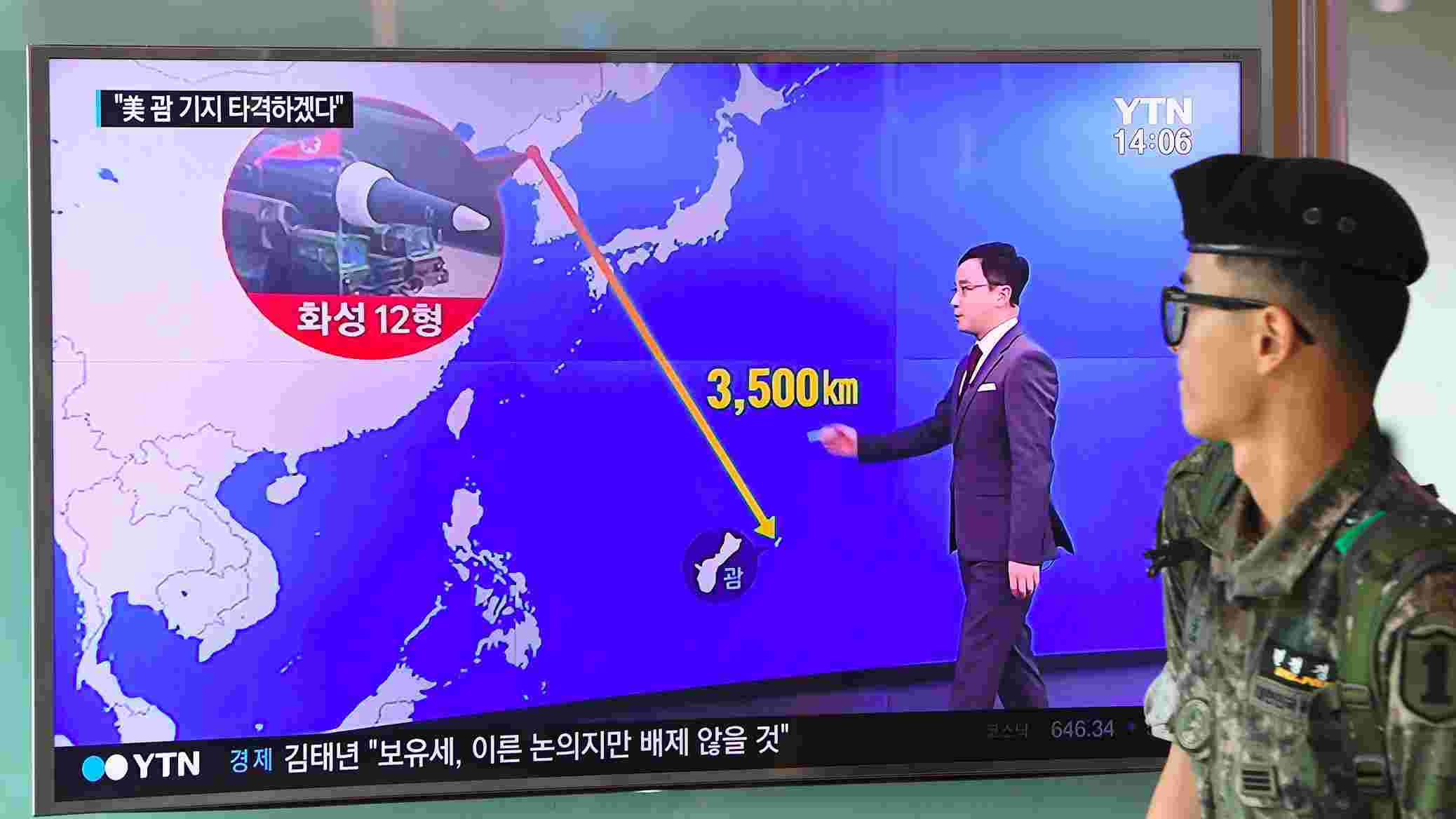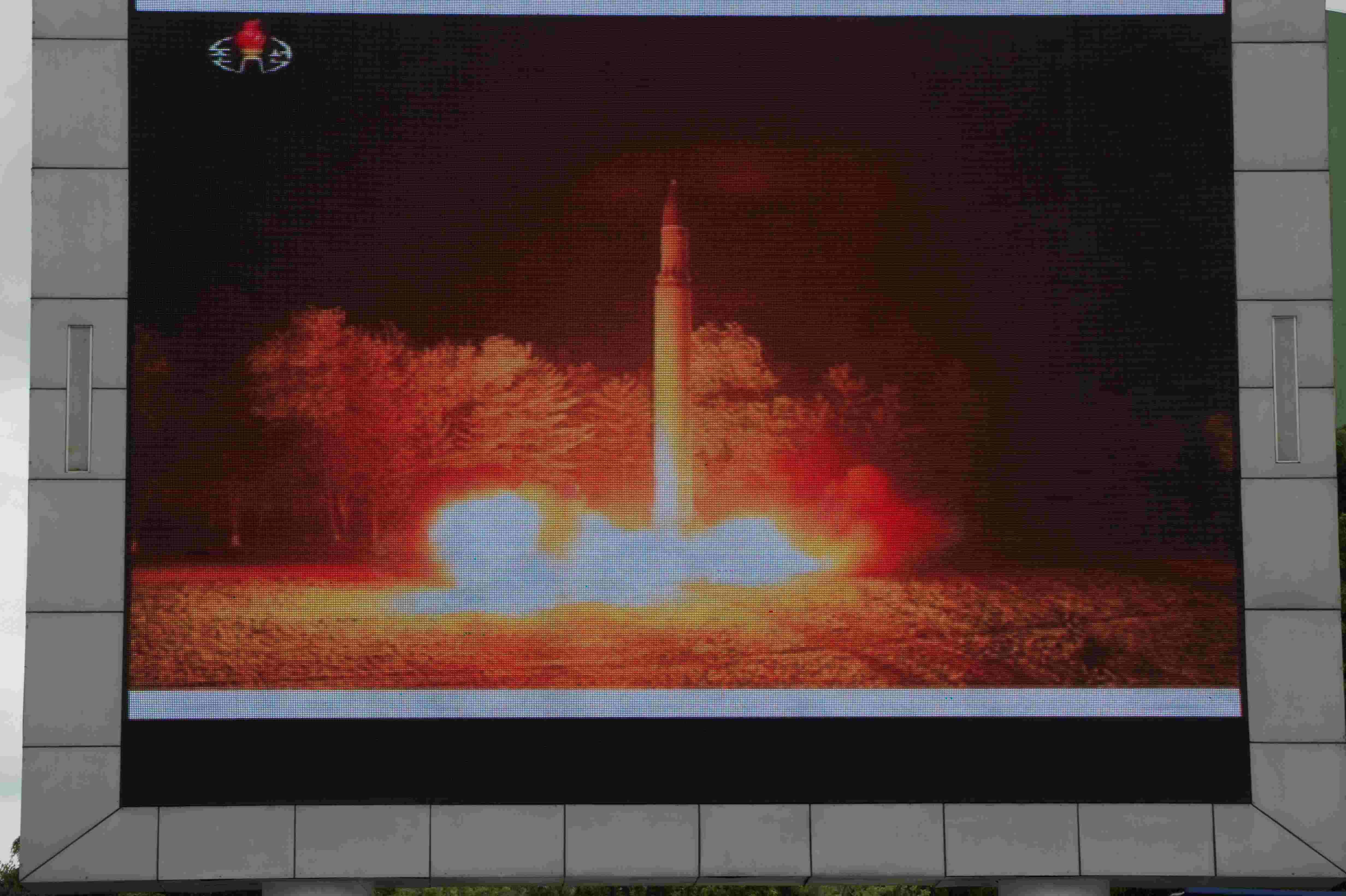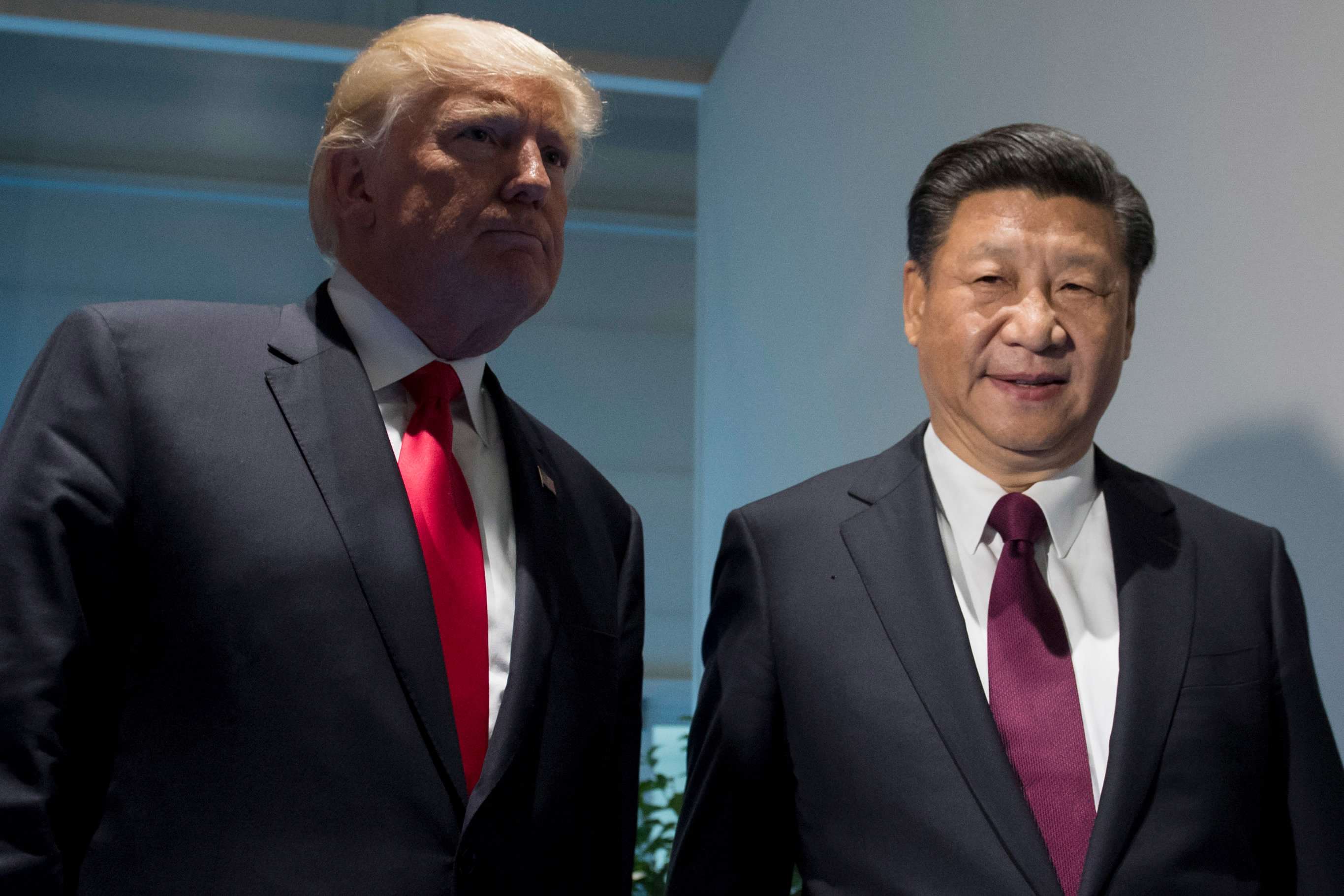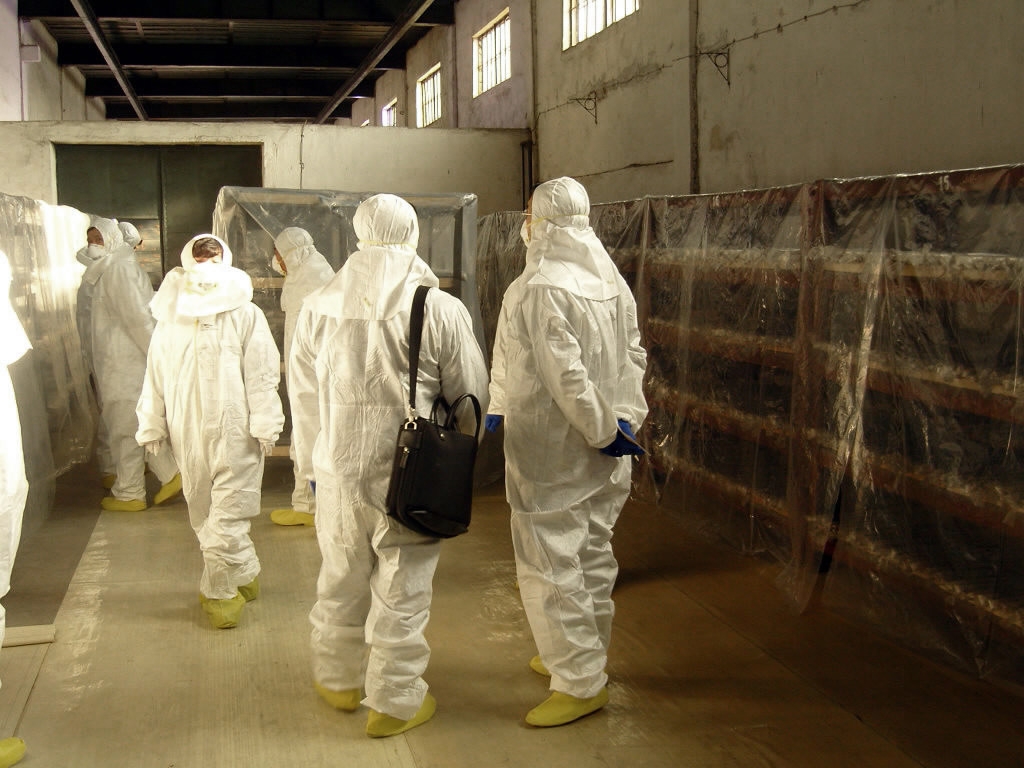
World
10:03, 20-Aug-2017
No nuclear Armageddon on the horizon despite US-DPRK ‘war of words’, says US expert
By CGTN's Sim Sim Wissgott

Fears that recent tensions between the US and the DPRK could turn into all-out nuclear war were blown way out of proportion, according to a top US expert who was in Beijing this week for informal US-China talks on nuclear issues.
“If you relied on the newspapers and some of the broadcasts, you’d think we were facing Armageddon... No one believes that in the government and certainly those of us who have worked on North Korea for years understand how they operate,” Ralph Cossa, president of Pacific Forum CSIS, a US think tank, told CGTN.
Commentators drew comparisons with the Cuban missile crisis after the DPRK tested intercontinental ballistic missiles last month, prompting US President Donald Trump to threaten “fire and fury” and Pyongyang to hit back by threatening a missile strike near the US Pacific territory of Guam.
But this was all “political bluster, a war of words” between radically unequal adversaries - a far cry from the 1962 showdown between two nuclear superpowers “with the capability of destroying life as we knew it on Earth,” Cossa argued.

Coverage of an ICBM missile test is displayed on a screen in a public square in Pyongyang on July 29, 2017. /AFP Photo
Coverage of an ICBM missile test is displayed on a screen in a public square in Pyongyang on July 29, 2017. /AFP Photo
“Here you’ve got this tiny failed country that may be able to get a lucky shot which will probably hit the ocean somewhere and maybe kill a few whales, after which it will be removed from the face of the Earth. It would be the North Koreans committing suicide, and us helping them along, an assisted suicide,” he said of a potential DPRK strike.
“The North Koreans have been talking this way for years. The only thing that’s different is that normally we don’t lower ourselves to their level.”
US-China dialogue
Cossa headed a US delegation to Beijing this week to attend a US-China Dialogue on Strategic Nuclear Dynamics, an annual informal forum bringing together experts and officials from both countries to discuss issues of concern.

US President Donald Trump and Chinese President Xi Jinping (R) arrive prior to a meeting on the sidelines of the G20 Summit in Hamburg, Germany, July 8, 2017. /AFP Photo
US President Donald Trump and Chinese President Xi Jinping (R) arrive prior to a meeting on the sidelines of the G20 Summit in Hamburg, Germany, July 8, 2017. /AFP Photo
“This isn’t the happiest moment in US-China relations” and there have been many mixed signals from Washington since Trump took office, Cossa admitted. This sort of dialogue allows each side to say things they might not say at an official level and is “useful for reassurance… making sure the right message gets sent.”
And while the dialogue is informal, “it’s helping to inform policy: there are policy makers in the room, and there are people who policy makers listen to in the room.”
China should do more on DPRK
On the DPRK however, Cossa insisted that what China was doing was “not enough”. While nobody expects Beijing to rein in its northern neighbor, it should better enforce UN Security Council sanctions against the DPRK, he argued.
China’s “double suspension” proposal - which would see the DPRK halt all nuclear and missile tests in exchange for the US and South Korea ending annual joint military drills, and which has received backing from Russia - was also unrealistic, he said.
Since the plan only calls for the DPRK to suspend testing, rather than end its nuclear and missile programs, the fear is that Pyongyang will agree to it once it has carried out all the testing it needs, effectively ensuring it is rewarded for continuing to defy UN Security Council resolutions.

This handout photo taken on January 16, 2009, shows South Korean officials, dressed in radioactive-proof gear, inspecting unused fuel rods stacked in a warehouse at North Korea's nuclear complex in Yongbyon. /AFP Photo
This handout photo taken on January 16, 2009, shows South Korean officials, dressed in radioactive-proof gear, inspecting unused fuel rods stacked in a warehouse at North Korea's nuclear complex in Yongbyon. /AFP Photo
“If they said a guaranteed verifiable freeze of all of their nuclear and missile programs, instead of testing, where you could go in and have the IAEA (International Atomic Energy Agency) inspecting (the DPRK’s nuclear facility) Yongbyon and you could find out where the other centrifuges are… and then monitoring all of that, then that would be rewarding them for good behavior, for taking steps toward ending these programs.”
“But that’s not what the Chinese proposal is. That’s what the North Koreans are not prepared to do,” said Cossa.
Nevertheless, a decade of US-China Dialogue meetings has fostered close relationships between the two sides and “a growing understanding which has allowed us to have a much more meaningful dialogue.”
“At the end of the day, what we’re looking for is the day when our two governments sit down together and talk about future nuclear issues,” he said.

SITEMAP
Copyright © 2018 CGTN. Beijing ICP prepared NO.16065310-3
Copyright © 2018 CGTN. Beijing ICP prepared NO.16065310-3